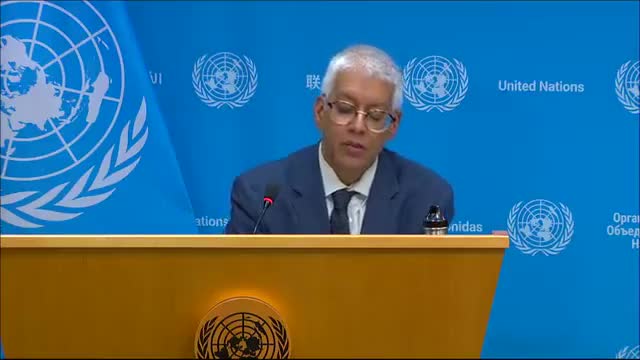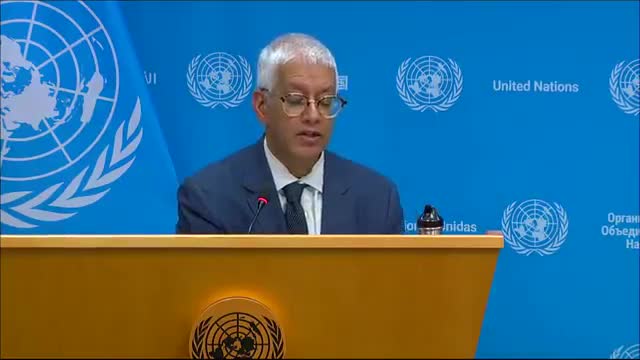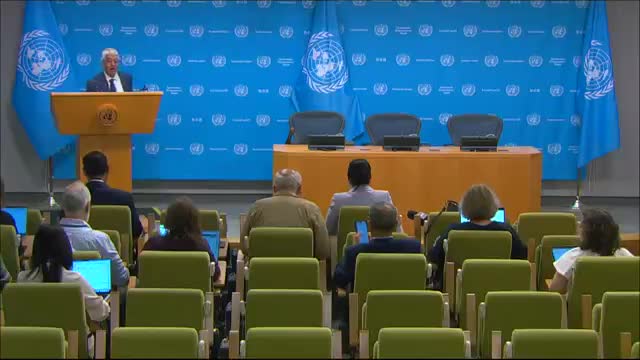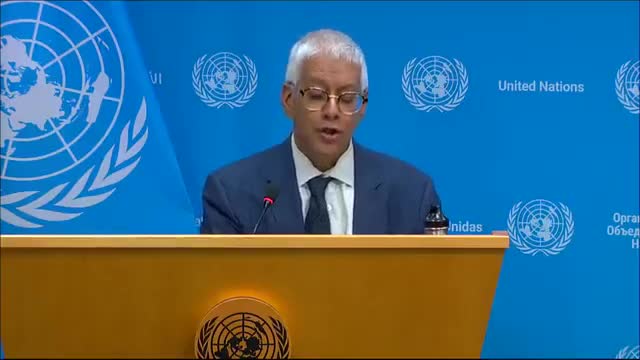Article not found
This article is no longer available. But don't worry—we've gathered other articles that discuss the same topic.

UNIFIL reports weapons caches and restrictions to freedom of movement in southern Lebanon

UN briefs on global humanitarian crises: Sudan, Yemen, South Sudan, DRC and South Africa floods

UN spokesperson issues condolence statement after Air India crash in Ahmedabad

